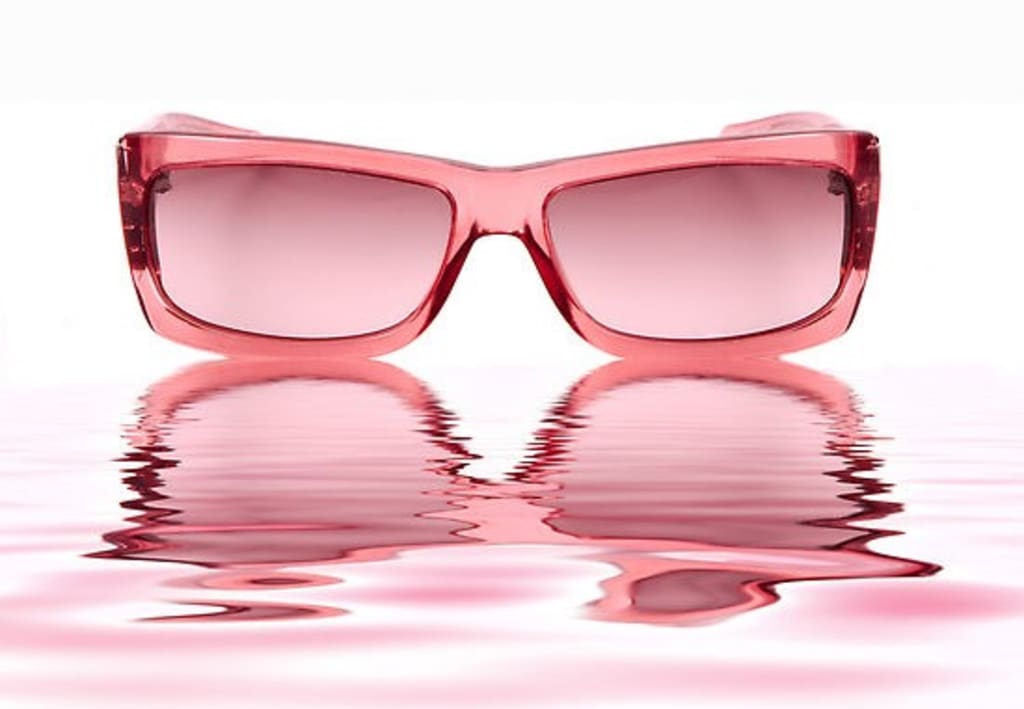
Luxury is one of those concepts that we know in principle what it means, but it's tough to pin down in reality. It's not the thing itself, but our attitude to it and our perception of what meaning and provenance it possesses.
A concept of luxury is woven into every society's fabric, and the desire for it may even be an inherent human quality, just as the desire to make better products or to invent new things. But are we in danger of over-familiarity to the extent that luxury begins to mean "other" or different?
Hotels, for instance, struggle to define what differentiates them in the luxury category. Is it service? Is it materials? Is it reputation? Is it "cool"? Is it urban savvy? Eccentricity? Is it the quality of design (whatever that means)?
What we design and how we craft our cultures is intimately involved and complicit, creating luxury objects and places and designing experiences.
Luxury, it seems to me, has an emotional, practical and cultural bond with the user that represents a specific meaning in a particular context.
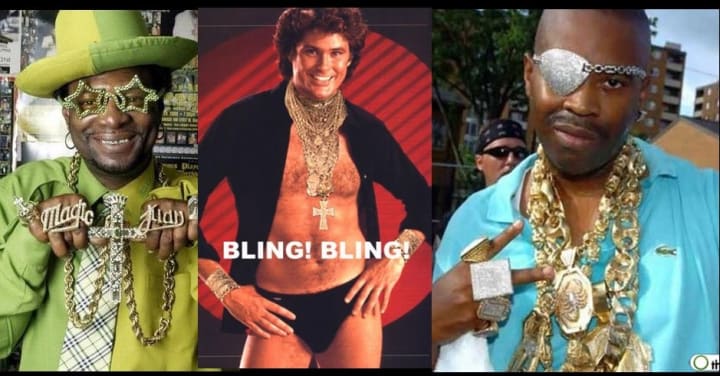
LUXURY USER PROFILE.
If we look at the luxury consumer, are they wealthy? Not necessarily, but designers make them feel that way.
Are they special? Not necessarily, but designers make them feel that way.
Are they privileged? Perhaps, but designers certainly make them feel that way.
The luxury consumer has to make an emotional connection; they must invest their feelings into the object or experience of their desire. That object must deliver the benefit they want.
However, they must also make a social connection – for the group they belong to and for the groups they exclude. I think they must also make a tribal connection – to establish their identity with their peers.
"I don't want to be a member of any club that wants me as its member."
Groucho Marx.
In this context, these things produce a rich mix that engenders the user with a great sense of value and, perhaps, power and influence.
To have value for the user, it must mean something in context; it should be relevant for their status (or perceived status) and culture. The luxury experience must also deliver the value that they desire.
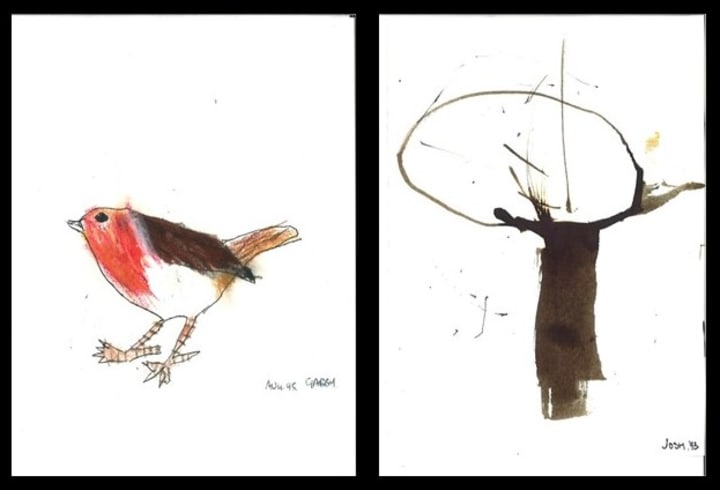
ELEMENTS OF LUXURY
At the risk of stating the obvious, an object is rare if, and only if, there's not a lot of it around and, importantly, it is valued.
My kids' drawings when they were little are rare in this sense but only valuable to me. The high value (desirability) placed on an object or experience is at the very heart of the concept of luxury, mainly if you think of this in the context of your social group and your tribe. The drawings may have specialness, but that doesn't make them desirable to others.
A successful design will be desirable and have value to its audience. For the object or experience to be considered a luxury, it must also be exclusive (instead of inclusive) and excessive to our daily needs. Not ordinary.
Perceived style, good taste, outré taste is all part of the value we place on luxury goods and experiences. Luxury carries with it and sends out messages.
The ability to conspicuously or exclusively consume, where others may consider it wasteful, unnecessary or even immoral, is an inextricable part of the luxury concept. In many cases, this reflects our status and the power and influence we can exert over others.
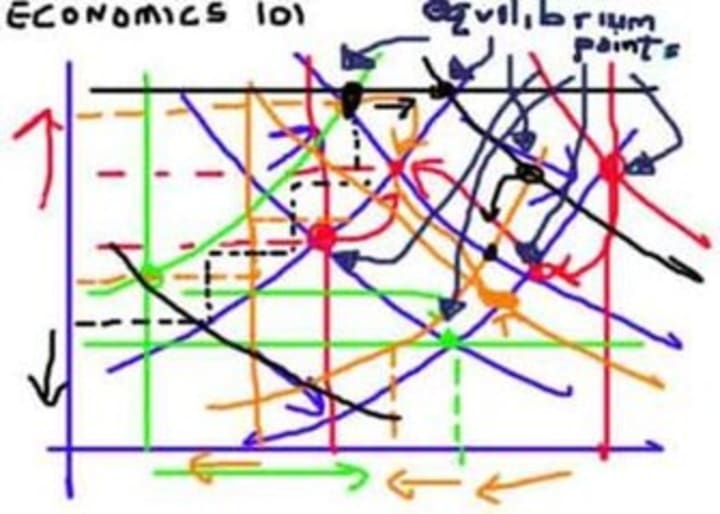
ECONOMIC THEORY
Luxury comes at a price.
A luxury good is a good for which demand increases more than proportionately as income and cost rise. Necessity goods are also proportionate to income. This is called the price elasticity of demand: as people become wealthier, they will buy more and more luxury goods (and pay more for them). A luxury good may become a normal good at different levels of cost or income. A wealthier person may stop driving luxury cars as their income increases and gets a chauffeur or buy a yacht or aeroplane. So, price and quantity pull in opposite directions.
So-called Veblen or Giffen goods recognise this and turn it back on itself. Here the preference to buy increases as the price increases. Making things more expensive can increase their perceived value to such an extent that sales (and demand) go up rather than down.
Limited editions work similarly. The less there is of something, the more desirable it may become.
This allows some goods and experiences to be used as lifestyle indicators, as status symbols, signifying the purchasing power of those who can acquire them.
These often symbolise relative power and status in our society, and the less you need it (but can have it), the more it elevates your status.
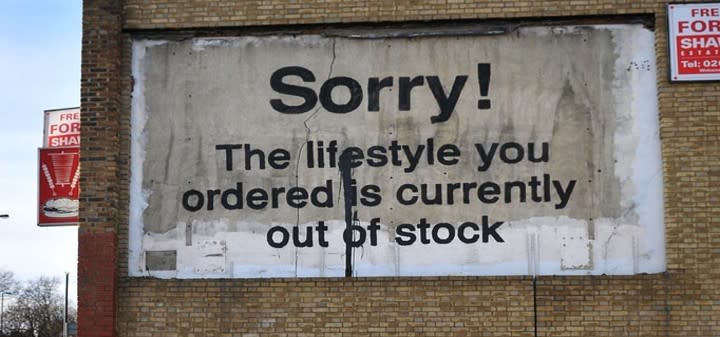
BELONGING
Luxury goods and experiences and the ability to have them also act as symbols of the tribe or club to which you belong. The more exclusive, as opposed to inclusive, they are, the higher your status. The greater your entry barriers, social, political, economic or even spiritual, the greater your status.
Consider charity auctions for a moment; a symbol of your ability to dispose of surplus assets and to feel good about yourself, and your ability to show that you care. Here it is mutually beneficial; those that can afford it get the opportunity to demonstrate their ability to buy things they don't really want or need to a group of their (equal) peers that have the ability to do so. This is the ultimate, elite networking club.
A client of mine owns Jimi Hendrix's guitar, which he is very quick to show everyone and let them know what it costs and let us know who was there when he bought it, but most importantly, who he outbid to get it!
Luxury is about the value that we attribute to it and our perception of what it can do for us.
Marketers, advertisers and designers of our consumer society and those who promote it have convinced us that luxury is necessary. It's what we should aspire to, often portrayed as a fundamental human right!
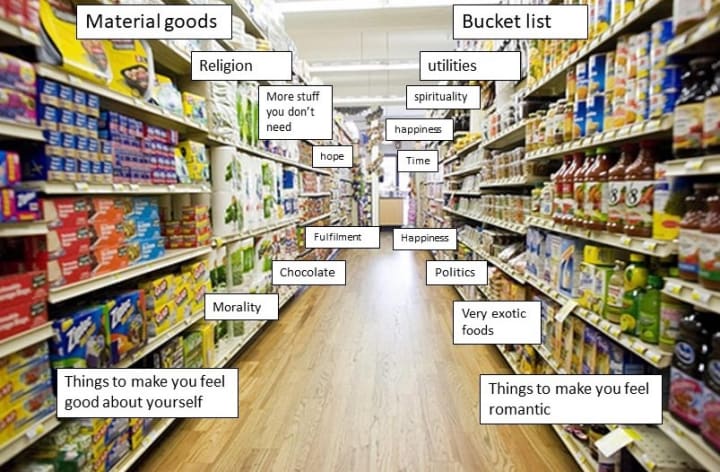
PARADOX OF CHOICE
As luxury goods and experiences become more common and more ubiquitous, we now feel that we can have bucket lists; that leads us to the paradox of choice. Does more choice mean better?
We think choice, and the choices we make, mean that we are in control of our lives, and the choices we make identify us; they differentiate us!!! Remember, we're unique..... Just like everyone else!!
I would argue that ubiquitous choice is one of the most significant changes in the last 60 years. But it is a double-edged sword; trying to make an "ideal" choice that best reflects your current thinking or status also provokes anxiety and a feeling of inadequacy. You will be judged by your choices, which are usually based on material objects and possessions.
The pinnacle of "status" is luxury; what you own, what you have, what you have experienced, says who you are. We use this to calibrate where we are in our lives. Economies are built around the need for growth and are predicated on conspicuous consumer choice, "freedom of choice".
This replaces "higher concepts" such as political freedom, spiritual growth, equality, and fairness in the West.
Consumption is here to pacify us; it keeps us quiet. We are being driven at ever-increasing speed, but driven towards what? A better lifestyle? The illusion of more joy in consumption? At the expense of what, our planet?
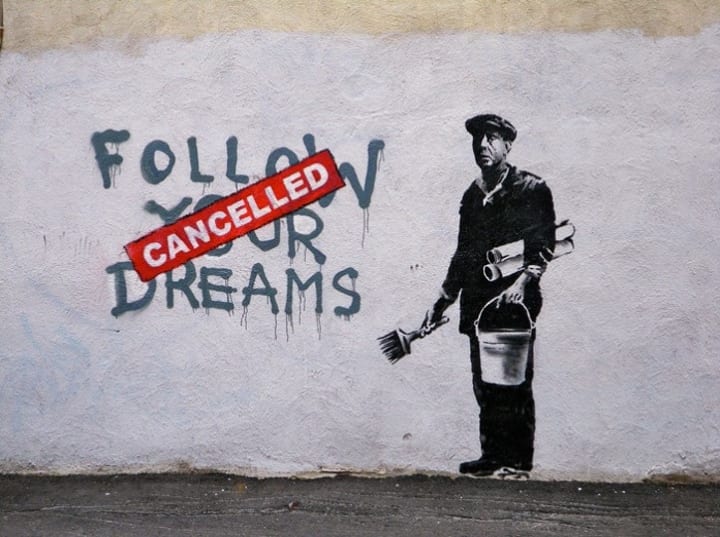
SPACE/TIME
Time has become one of our most precious resources. We have to be constantly in touch. We have emails, texts, Facebook, phones; we are constantly in communication. We respond almost instantly. It has become a compulsive necessity, and time is becoming one of our most compressed and scarce resources and one of our most prized luxuries. The ability to use it for our "pleasure" activities is very precious.
Paradoxically, an excess of time and the idleness that goes with it often lead to a lack of purpose and self-worth. So, time in the context of lack of time is precious. It's a relative position.
We all have time at roughly the same rate. Yet, for some time is a currency; in the same way, luxury is a currency.
As we accelerate towards a fully urban society, Physical Space is at an absolute premium and comes with a hefty price. Space, in the broader sense, is the freedom to think, to waste time.
As resources become more and more scarce, only those who can afford them, or have the power to attain them, will consume them.
If too many people can join the club, it's not exclusive anymore. It's not your tribe. The more we consume and the more choice we have, the more we strive to find something different from the average, and when we find it, the more average it becomes.
The dream isn't a dream if it's reality.
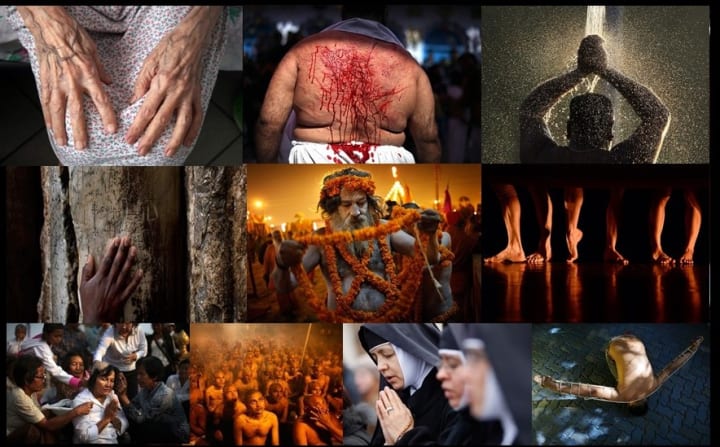
SENSUAL PLEASURE.
Luxury can also be described as sensual pleasure.
Sensual pleasure engenders our rapid response emotions. When we experience sensual pleasure (wherever we find it), the feeling, values, and connections we make it pleasurable. This, in turn, reinforces our belief systems, which feeds back to how we will react emotionally.
When creating an object or experience, a designer manipulates feelings and emotions using their materials. They empathise with what they imagine someone else will feel. When designing, they have to enter into the mindset of the consumer.
"Luxury exists only in our minds."
Richard Feynman.
Designers have to identify the individual, the group and the tribe of the target user, what they aspire to, or what they think they aspire to. To visualise this, the designer must be able to empathise with them on an emotional level.
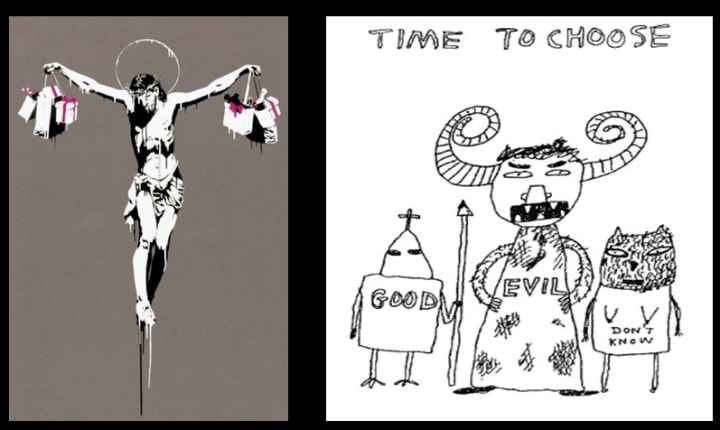
THE MORAL ISSUE
Luxury comes at a price, and the price is not always monetary.
There is a moral issue here.
Suppose morals are about what is right or wrong or acceptable to society. In that case, perhaps luxury has its part to play in the delicate balance of class, status, power, influence, belonging and our moral viewpoint.
We want to be happy, feel special, be loved and valued, experience deeply, and, more often than not, feel this without too much risk.
The present-day concept of luxury preys on our deepest desires and aspirations. It's a shame that so many of these experiences are manufactured for us and served up in slushy, sentimental, romantic packages. But perhaps that's what's required to maintain the status quo?
Luxury, it seems to me, is not just about how we feel, either for ourselves or relative to someone else. It's a mixture of emotion, belonging, power and the status attached to it.
Restricted choice has the illusion of luxury and, like brands, tap into our fears, hopes, aspirations, dreams and desires. Most of it has been dreamt up by politicians, marketers and advertisers. It keeps us quiet and keeps us consuming. It affirms the delicate balance between aspirations, status and economic growth.
"We don't see things as they are; We see things as WE are."
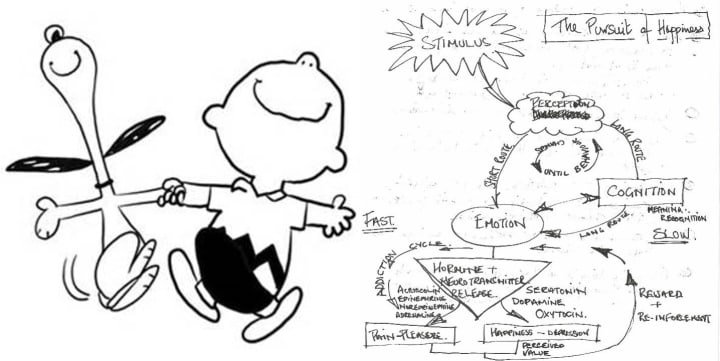
THE PURSUIT OF HAPPINESS.
Evolution has biologically programmed us to seek pleasure and its corollary, happiness. We seek goods and experiences that will deliver what we value.
There is a paradox here; Happiness is not the surplus of pleasant moments over unpleasant moments. Not about more exclusive over less exclusive products. Happiness consists of seeing one's life in its entirety as having a purpose and meaning.
If we have a "why" to live, then we can bear almost any "how". The difficulty is that the how doesn't create the why.
If it depends on the meaning and value we attach to objects and experiences, do we really believe that the consumption of luxury goods will make us happy?
In a post-COVID era, will we find purpose, meaning and Happiness in luxury and consumption?
Perhaps there are better things we could do with our precious resources?






Comments
There are no comments for this story
Be the first to respond and start the conversation.